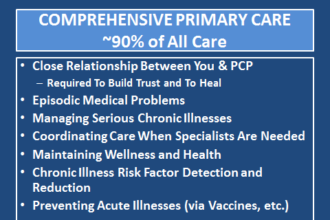The Wall Street Journal has become more like Cosmo since Rupert Murdoch took it over, with all sorts of advice on lif
The Wall Street Journal has become more like Cosmo since Rupert Murdoch took it over, with all sorts of advice on life and work mixed in with the serious business and other news. Some of the articles are pretty decent and I enjoy reading them, even if they are a bit fluffy.
Sue Shellenberger’s piece (When It Comes to Work, Can You Care Too Much?) is about people who love their employer so much that they get carried away and take things too personally. They care about whether someone is wrongly promoted in another department and get upset when their employer strays from its mission.
We learn of the two types of people, the “organization lover” who cares too much but is a strong team player, and the “free agent” who is more calm but also seen as cynical.
The impetus for the article is a book by an employee who “fell in love” with BP because she heard the CEO talk about reducing greenhouse emissions. Eventually she became disillusioned and wrote a book about it. The article seemed like a harmless diversion about a pretty obvious topic. Clearly it doesn’t make sense to get too carried away about working for an oil company, you don’t want to be a busybody obsessed with everyone else’s business, and there’s a need to strike a balance.
They could have left it at that.
But then the very last example was about a nurse educator who moved from an internationally renowned pediatric hospital to a small hospital when her fiancee got transferred.
Employees there were using what she regarded as outdated methods of managing infants’ breathing tubes and other aspects of respiratory care, says Ms. Pender, who had worked as a neonatal intensive-care nurse for the Children’s Hospital of Philadelphia.
“I didn’t want to come across as a know-it-all,” she says. She quietly observed her colleagues. She met with a nurse educator and showed her research and videos on new techniques. She created a written survey for other nurses, asking their opinions. And she sought out allies, joining a hospital task force on improving care. Then a new manager arrived who supported her ideas.
Ms. Pender and her fiancé recently moved back to the Philadelphia area, and she rejoined Children’s Hospital. Her former colleagues have adopted many ideas she advocated. She says she’s happy to know “positive changes are moving forward.”
I honestly don’t think this last example is really about loving your employer too much. If you’re going to work in healthcare – especially taking care of infants with breathing tubes – you better care about patients and their families. It should have very little to do with whether you are the type who likes or loves your employer.
photo credit: Kalexanderson via photopin cc








